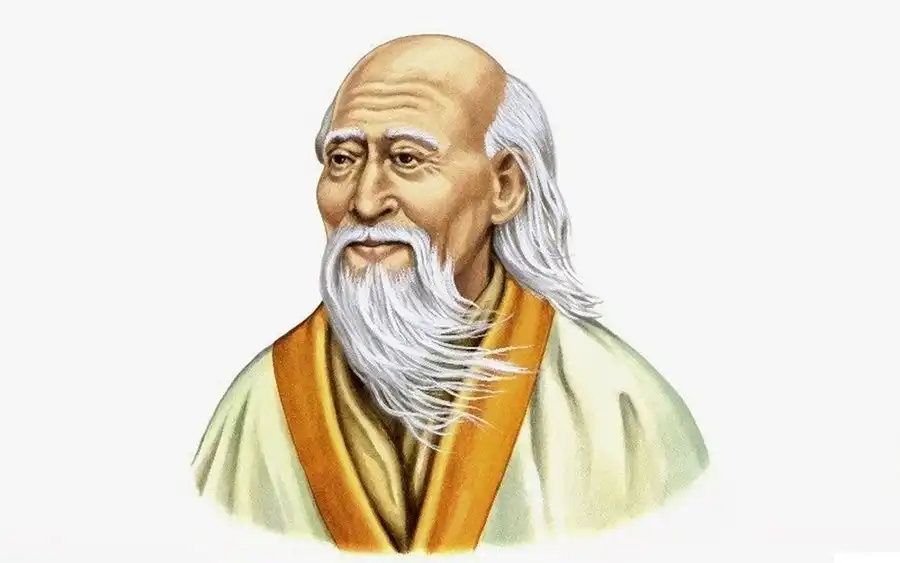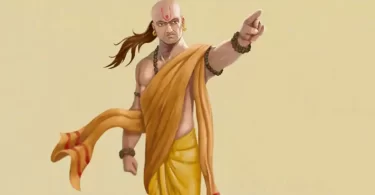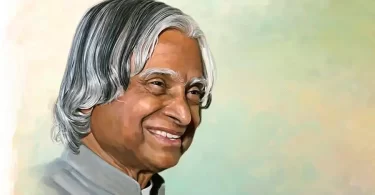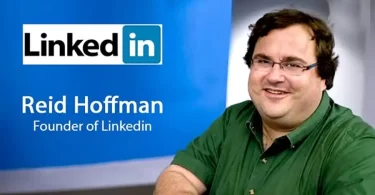Laozi is traditionally described as the founder of Taoism, but modern writers think he is a legendary figure, and that the book attributed to him. The Tao-Te-Ching – is actually a collection of writings by many different wise people. If he did exist, he is thought to have lived in the 6th century BCE.
Lao Tzu's Billion Dollar Thoughts
(1) A journey of a thousand miles must begin with a single step.
(2) Do the difficult things while they are easy and do the great things while they are small.
(3) To the mind that is still, the whole universe surrenders.
(4) If you realize that all things change, there is nothing you will try to hold on to. If you are not afraid of dying, there is nothing you cannot achieve.
(5) If you do not change direction, you may end up where you are heading.
(6) When I let go of what I am, I become what I might be.
(7) Life and death are one thread, the same line viewed from different sides.
(8) At the center of your being you have the answer; you know who you are and you know what you want.
(9) Nothing is softer or more flexible than water, yet nothing can resist it.
(10) One cannot reflect in streaming water. Only those who know internal peace can give it to others.
(11) Great acts are made up of small deeds.
(12) The softest things in the world overcome the hardest things in the world.
(13) If you keep feeling a point that has been sharpened, the point cannot long preserve its sharpness.
(14) An ant on the move does more than a dozing ox.
(15) Ambition has one heel nailed in well, though she stretch her fingers to touch the heavens.
(16) Silence is a source of great strength.
(17) He who knows that enough is enough will always have enough.
(18) Those who have knowledge don’t predict. Those who predict don’t have knowledge.
(19) He, who knows, does not speak. He, who speaks, does not know.
(20) He who conquers others is strong; He who conquers himself is mighty.
(21) He who knows others is wise. He who knows himself is enlightened.
(22) To realize that you do not understand is a virtue; not to realize that you do not understand is a defect.
(23) People in their handling of affairs often fail when they are about to succeed. If one remains as careful at the end as he was at the beginning, there will be no failure.
(24) To see things in the seed, that is genius.
(25) He who controls others may be powerful, but he who has mastered himself is mightier still.
(26) To lead people walk behind them.
(27) Man’s enemies are not demons, but human beings like himself.
(28) It is better to do one’s own duty, however defective it may be, than to follow the duty of another, however well one may perform it. He who does his duty as his own nature reveals it, never sins.
(29) If you would take, you must first give, this is the beginning of intelligence.
(30) I have just three things to teach: simplicity, patience, compassion. These three are your greatest treasures.
(31) Life is a series of natural and spontaneous changes. Don’t resist them – that only creates sorrow. Let reality be reality. Let things flow naturally forward in whatever way they like.
(32) Being deeply loved by someone gives you strength, while loving someone deeply gives you courage.
(33) Health is the greatest possession. Contentment is the greatest treasure. Confidence is the greatest friend. Non-being is the greatest joy.
(34) By letting it go it all gets done. The world is won by those who let it go. But when you try and try. The world is beyond the winning.
(35) Treat those who are good with goodness, and also treat those who are not good with goodness. Thus goodness is attained. Be honest to those who are honest, and be also honest to those who are not honest. Thus honesty is attained.
(36) Kindness in words creates confidence. Kindness in thinking creates profoundness. Kindness in giving creates love.
(37) In dwelling, live close to the ground. In thinking, keep to the simple. In conflict, be fair and generous. In governing, don’t try to control. In work, do what you enjoy. In family life, be completely present.
(38) Be content with what you have; rejoice in the way things are. When you realize there is nothing lacking, the whole world belongs to you.
(39) When you are content to be simply yourself and don’t compare or compete, everybody will respect you.
(40) A good traveler has no fixed plans, and is not intent on arriving.
(41) The wise man does not lay up his own treasures. The more he gives to others, the more he has for his own.
(42) Mastering others is strength. Mastering yourself is true power.
(43) The snow goose need not bathe to make itself white. Neither need you do anything but be yourself.
(44) Truthful words are not beautiful; beautiful words are not truthful. Good words are not persuasive; persuasive words are not good. Sincere words are not fine; fine words are not sincere.
(45) The key to growth is the introduction of higher dimensions of consciousness into our awareness.
(46) Respond intelligently even to unintelligent treatment.
(47) Nature does not hurry, yet everything is accomplished.
(48) Simulated disorder postulates perfect discipline; simulated fear postulates courage; simulated weakness postulates strength.
(49) Without stirring abroad, one can know the whole world; without looking out of the window one can see the way of heaven. The further one goes the less one knows.
(50) There was something undifferentiated and yet complete, which existed before Heaven and Earth. Soundless and formless, it depends on nothing and does not change. It operates everywhere and is free from danger. It may be considered the mother of the universe. I do not know its name; I call it GOD.
(51) All difficult things have their origin in that which is easy, and great things in that which is small.
(52) Manifest plainness, embrace simplicity, reduce selfishness, have few desires.
(53) Love is of all passions the strongest, for it attacks simultaneously the head, the heart and the senses.
(54) Fill your bowl to the brim and it will spill. Keep sharpening your knife and it will blunt.
(55) The wicked leader is he who the people despise. The good leader is he who the people revere. The great leader is he who the people say, ‘We did it ourselves.’
(56) One who is too insistent on his own views, finds few to agree with him.
(57) The more laws and order are made prominent, the more thieves and robbers there will be.
(58) When a nation is filled with strife, then patriots flourish.
(59) The people are hungry: It is because those in authority eat up too much in taxes.
(60) He who does not trust enough, will not be trusted.
(61) Anticipate the difficult by managing the easy.
(62) He who is contented is rich.
(63) He who talks more is sooner exhausted.
(64) The world of truth is always paradoxical.
(65) Be the chief but never the lord.
(66) Violence, even well intention-ed, always rebounds upon oneself.
(67) How could man rejoice in victory and delight in the slaughter of men?
(68) All things in the world come from being. And being comes from non-being.
(69) He who obtains has little. He who scatters has much.
(70) Governing a great nation is like cooking a small fish, too much handling will spoil it.
(71) The power of intuitive understanding will protect you from harm until the end of your days.
(72) Heaven is long-enduring, and earth continues long. The reason why heaven and earth are able to endure and continue thus long is because they do not live of, or for, themselves.







